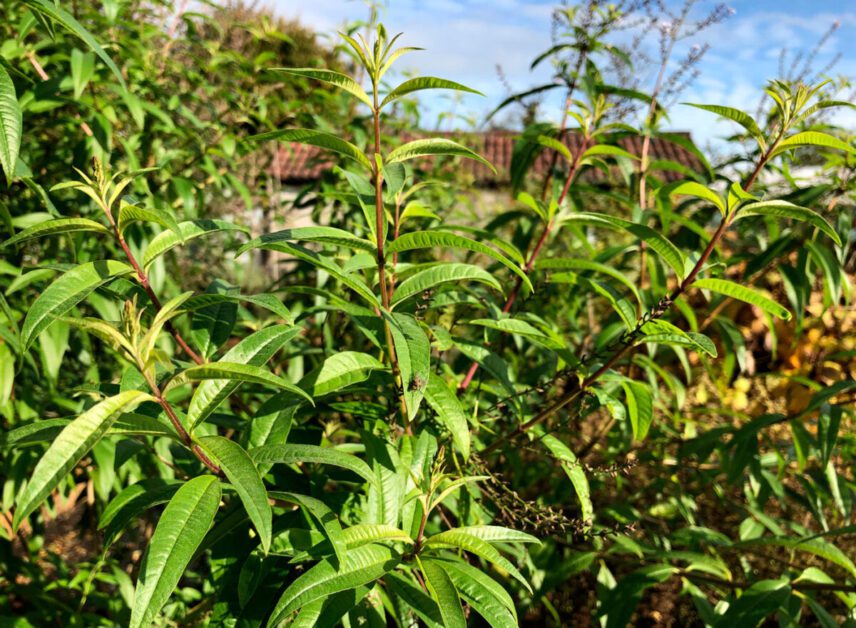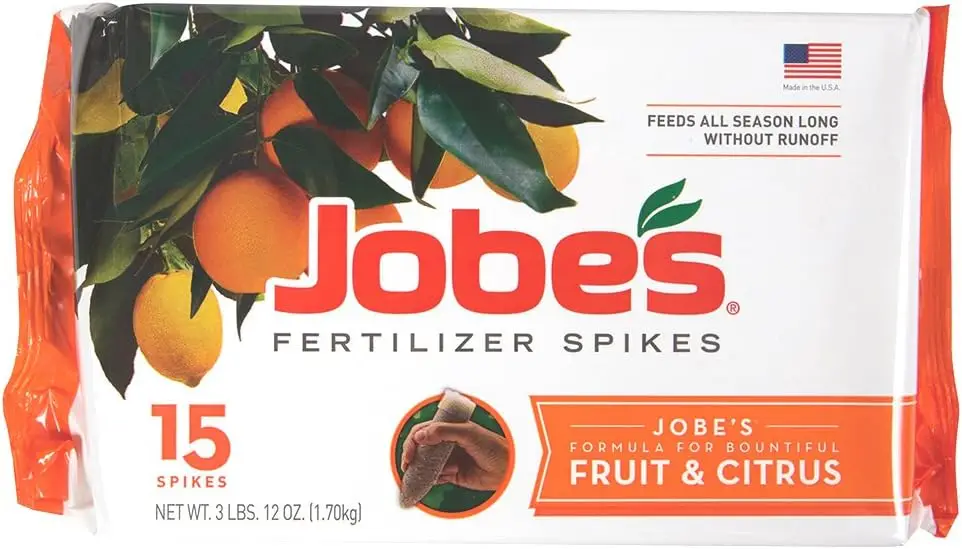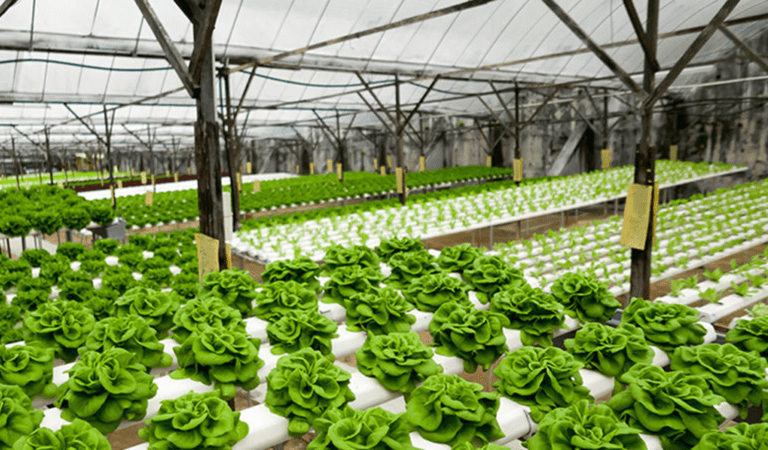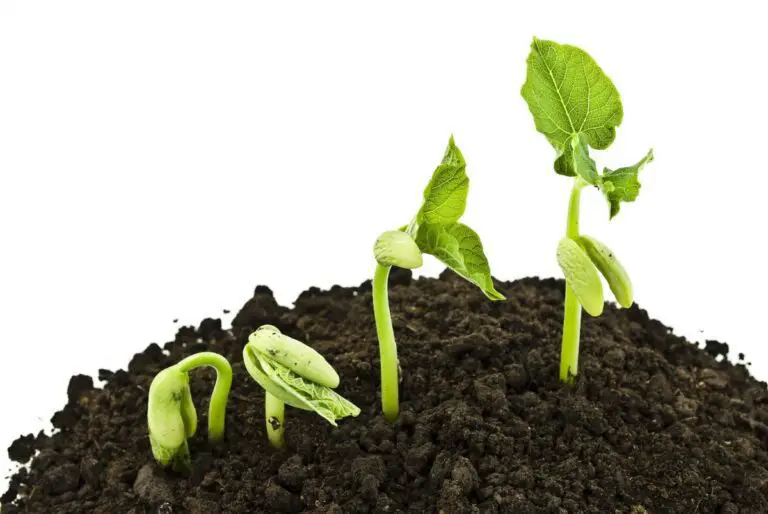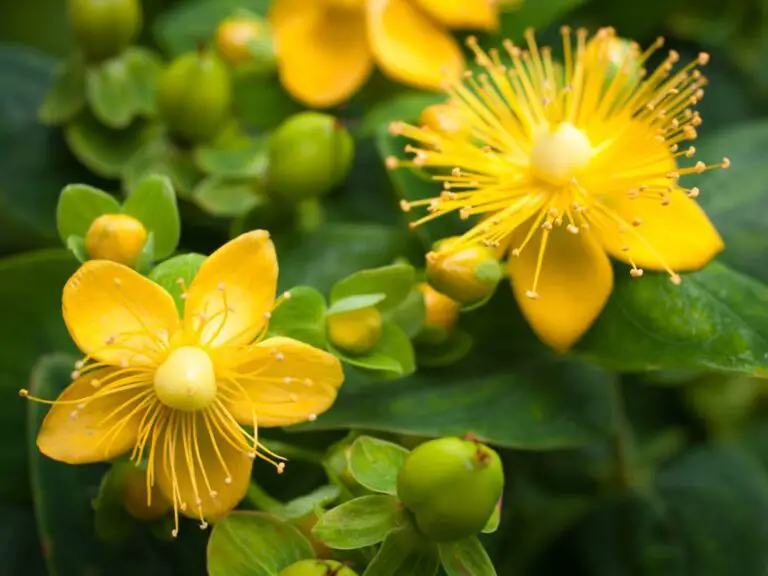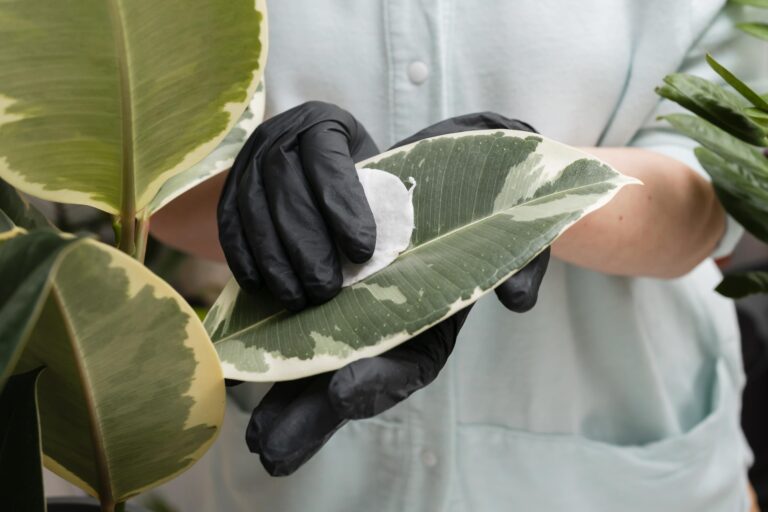Lemon Verbena Plant: Sweet Lemony Shrub
Have you ever heard of the sweet lemony shrub known as lemon verbena? This delightful plant has been used for centuries in various cultures for its unique flavor profile and medicinal properties. With its bright green leaves and pleasant aroma, it’s no wonder why this herb is gaining popularity among home gardeners and chefs alike.
Incorporating lemon verbena into your cooking can add a refreshing twist to any dish, while also providing potential health benefits such as reducing inflammation and promoting digestion. So why not give this versatile plant a try and see how it enhances your culinary creations?
Table of Contents
Benefits of Lemon Verbena Plant
Lemon Verbena, scientifically known as Aloysia citrodora, is a versatile herb with a wide array of benefits for both culinary and medicinal purposes.
:max_bytes(150000):strip_icc()/how-to-grow-and-care-for-lemon-verbena-4690675-hero-b68eb790170741e1a05d9e366a20b47c.jpg)
Incorporating Lemon Verbena into your daily routine can be a flavorful and beneficial choice. 🌿
Growing Conditions for Lemon Verbena Plant
Lemon verbena (Aloysia citriodora) is a fragrant and versatile herb that thrives when provided with the right growing conditions.
:max_bytes(150000):strip_icc()/how-to-grow-and-care-for-lemon-verbena-4690675-06-5736205740d2419c89d2f96bf6a1d88e.jpg)
Remember, Lemon Verbena loves warm weather and yields the most intense flavor in full sun. It can thrive in dry or humid environments, and its leaves can withstand high heat and humidity.
I’ve been using Jobe’s Fruit & Citrus Fertilizer Spikes for my Lemon Verbena plant and I’m thrilled with the results. These fertilizer spikes are specially formulated for fruit, citrus, and nut trees, but they work wonders on Lemon Verbena as well.The spikes are easy to install and provide a slow-release formula that feeds the plant at the roots, where it needs it most. This has led to a noticeable improvement in the health and productivity of my Lemon Verbena plant.
One of the standout features of these spikes is their efficiency. They improve long-term soil quality by promoting beneficial microbial growth. This has led to a noticeable improvement in the health and productivity of my Lemon Verbena plant.The pre-measured spikes make for fast, easy, and mess-free fertilizing. This has saved me a lot of time and effort, especially when I need to switch between different solutions for different plants.
In conclusion, Jobe’s Fruit & Citrus Fertilizer Spikes are a versatile and efficient fertilizer that I would highly recommend to any gardener. Its ease of use, coupled with its durability and efficiency, makes it a valuable tool in any garden.
- Easy to use: The spikes require no mixing or measuring, making application hassle-free.
- No chemical runoff: The formulation ensures no wasteful runoff, minimizing environmental impact.
- Continuous, time-release fertilizer: Provides nutrients to trees at the roots where they are needed most over an extended period.
- Safe for plants: Will not burn plants when applied as directed.
- Customer satisfaction: High ratings from customers for ease of installation, use, and value for money.
- Fragility: Some users report that the spikes can break if hammered too forcefully into the ground.
- Mixed opinions on quality: While many users are satisfied with the product’s performance, there are mixed opinions regarding its overall quality.
- Limited coverage: May not be suitable for large-scale applications due to the number of spikes included per package.
- Local regulations: Some states restrict the use of phosphorus-containing fertilizers, so users should check local laws before purchase.
Harvesting Lemon Verbena Leaves
When it comes to harvesting lemon verbena leaves, timing is crucial to ensure optimal flavor and potency.
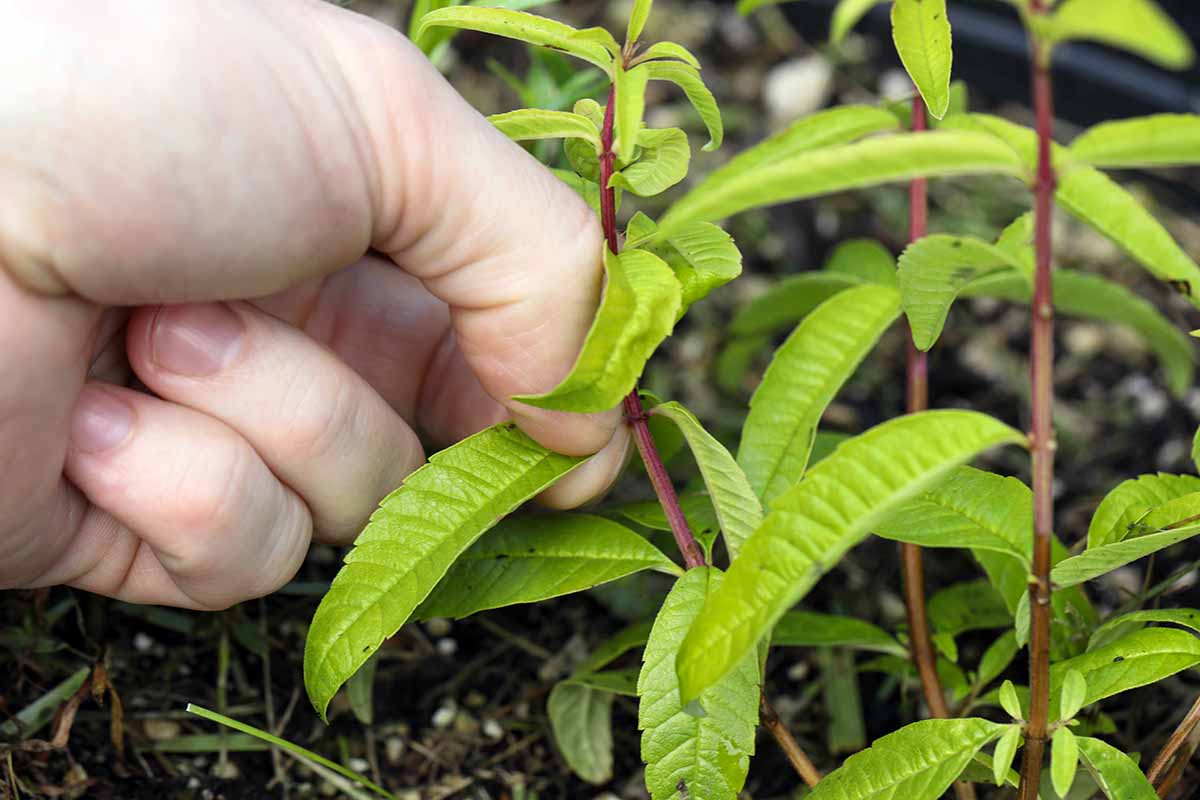
- Harvest lemon verbena leaves in the morning when aromatic oils are at their peak concentration for optimal flavor and potency.
- Gently pinch off leaves at the stem junction, being careful not to damage the plant, and avoid harvesting more than one-third of the leaves at once.
- Dry harvested leaves by spreading them in a single layer on a tray or drying rack in a well-ventilated area away from direct sunlight.
- Once the leaves are completely dry and crisp, store them in an airtight container in a cool, dark place to preserve their flavor and aroma.
- Utilize dried lemon verbena leaves in teas, culinary dishes, or for their medicinal properties after proper harvesting and drying.
Uses of Lemon Verbena in Cooking
Lemon verbena, with its refreshing citrusy aroma and intense flavor profile, is a versatile herb that adds a unique twist to various culinary creations. In cooking, lemon verbena leaves can be used fresh or dried to infuse dishes with a bright and zesty essence. Whether employed in sweet or savory recipes, this herb imparts a delightful lemony note that elevates the overall taste experience.
- Beverages:
- Herbal Tea: Infuse lemon verbena leaves for a fragrant and soothing tea. Enjoy it hot or iced, either on its own or blended with mint or sage.
- Simple Syrup: Create a lemon verbena simple syrup for cocktails, spritzers, iced tea, or lemonade.
- Baking and Desserts:
- Rhubarb Tart: Add lemon verbena to a rhubarb tart for a delightful twist.
- Sorbet or Ice Cream: Infuse the cream base with lemon verbena for a refreshing frozen treat.
- Custard-Style Desserts: Flavor panna cotta, crème brûlée, or pots de crème with lemon verbena.
- Whipped Cream: Enhance whipped cream for peaches and cream.
- Cookies: Make lemon verbena sugar by blending leaves with sugar. Use it in simple butter cookies.
- Fruit Salad: Finely chop lemon verbena leaves and add them to a fruit salad.
- Chocolates or Macarons: Infuse ganache with lemon verbena (advanced!).
- Savory Dishes:
- White Fish Fillets: Add lemon verbena to fish cooked en papillote.
- Lemon Verbena Vinegar: Create a flavorful vinegar.
- Chicken Steaming: Insert a handful of leaves in the steamer when cooking chicken breasts.
- Ceviche Marinade: Include lemon verbena in a ceviche marinade.
- Pork Brine: Add it to the brine for pork chops.
- Pesto: Whip up a zesty lemon verbena pesto.
- Vinaigrette: Blend the leaves into a tangy dressing.
- Non-Food Use:
- DIY Glass Cleaner: Scent a homemade glass and surface cleaner with lemon verbena.
Feel free to explore these culinary possibilities and enjoy the delightful flavors of lemon verbena!
The this is my favorite recipe of lemon verbena. A refreshing and amazing drink you should try it too!
Lemon Verbena Infused Lemonade Recipe
Ingredients:
- 1/2 cup fresh lemon verbena leaves
- 1 cup sugar
- 1 cup water
- 1 cup freshly squeezed lemon juice
- 4 cups cold water
- Ice cubes
- Lemon slices and fresh lemon verbena leaves for garnish
Instructions:
- Prepare Lemon Verbena Syrup:
- In a saucepan, combine the fresh lemon verbena leaves, sugar, and 1 cup of water.
- Bring the mixture to a simmer over medium heat, stirring occasionally until the sugar is completely dissolved.
- Remove from heat and let the syrup cool to room temperature. Once cooled, strain out the lemon verbena leaves and discard them.
- Mix Lemonade:
- In a large pitcher, combine the freshly squeezed lemon juice, cold water, and the prepared lemon verbena syrup.
- Stir well to ensure all ingredients are thoroughly mixed.
- Serve:
- Fill glasses with ice cubes and pour the lemon verbena-infused lemonade over the ice.
- Garnish each glass with a slice of lemon and a sprig of fresh lemon verbena for an extra touch of flavor and aroma.
- Enjoy:
- Serve the refreshing lemonade on a hot day or as a delightful beverage for any occasion. The aromatic essence of lemon verbena adds a unique twist to this classic drink, making it a flavorful and fragrant treat for your taste buds.
This Lemon Verbena Infused Lemonade recipe offers a delightful way to incorporate the bright, citrusy flavor of lemon verbena into a refreshing beverage that is perfect for enjoying during warm weather or as a special treat any time of year.
Lemon Verbena in Herbal Medicine
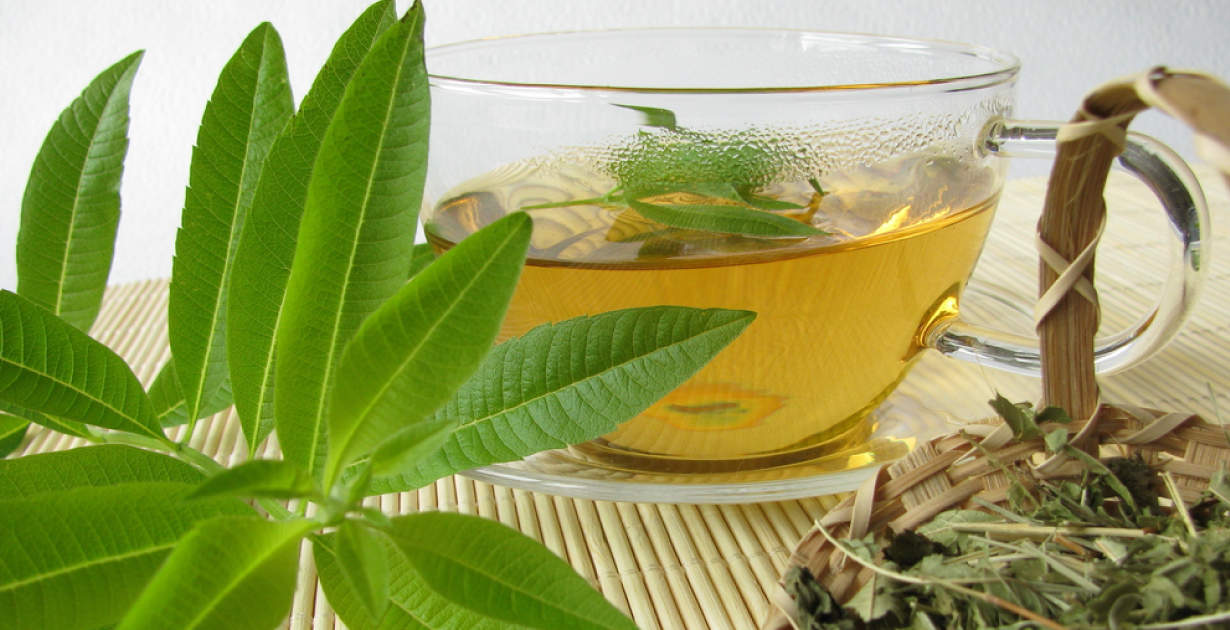
Lemon verbena (Aloysia citrodora) is a flowering shrub native to South America with various medicinal uses. Here are some key points from the search results:
- Traditional Uses: Lemon verbena has been traditionally used to treat bronchitis, insomnia, anxiety, digestive issues, and heart problems.
- Chemical Composition: It contains flavonoids and phenolic compounds responsible for its bioactivities like antimicrobial, antioxidant, and anti-cancer effects.
- Health Benefits: Research suggests that lemon verbena may help reduce oxidative stress, protect against muscle damage, improve sleep quality, and have anti-obesity effects.
- Precautions: While lemon verbena is generally safe when consumed in foods or as a medicine in larger amounts short-term, pregnant and nursing women should avoid it due to potential risks of birth abnormalities.
Lemon verbena can be used in various forms such as essential oils, teas, or as an ingredient in dishes. It is essential to consult a healthcare provider before using concentrated lemon verbena products or supplements to ensure safe consumption. Further research is needed to fully understand the extent of its health benefits and potential side effects.
Lemon Verbena Essential Oil
Lemon Verbena essential oil is derived from the aromatic leaves of the Lemon Verbena plant, known for its fresh, citrusy scent.

Remember, always consult a healthcare professional before ingesting essential oils.
Lemon Verbena Tea Recipe
Lemon verbena tea is a delightful herbal infusion that offers a refreshing and aromatic experience.
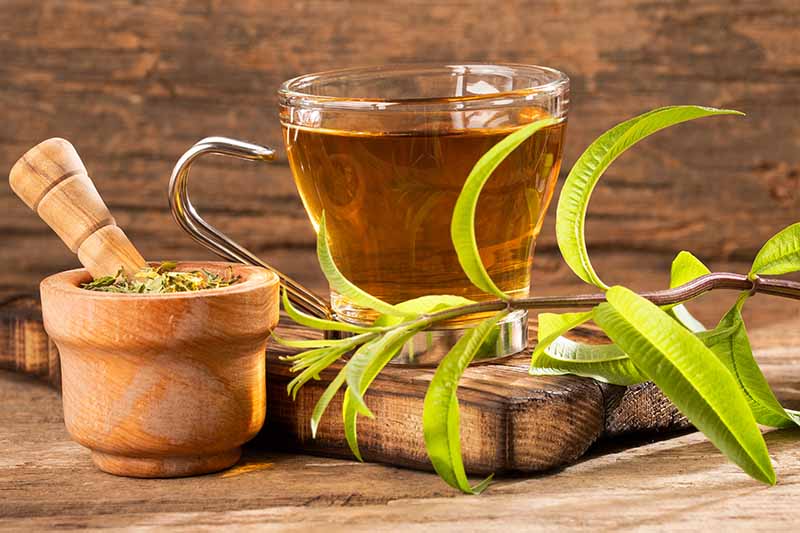
Preparation:
- Boil water gently.
- Place a handful of fresh Lemon Verbena leaves in a teapot or infuser.
- Pour hot water over the leaves.
- Steep for 5-10 minutes, depending on your flavor preference.
- Optional: Add honey or a slice of lemon for extra sweetness and zest.
- Once ready, pour into your cup and enjoy.
Benefits:
- Offers a refreshing and aromatic experience.
- Rich in antioxidants and vitamins.
- Can boost your immune system.
- Aids digestion.
- Promotes relaxation.
- Can be enjoyed hot or cold.
Enjoy your cup of Lemon Verbena tea and its health benefits!
Lemon Verbena Infused Water Recipe
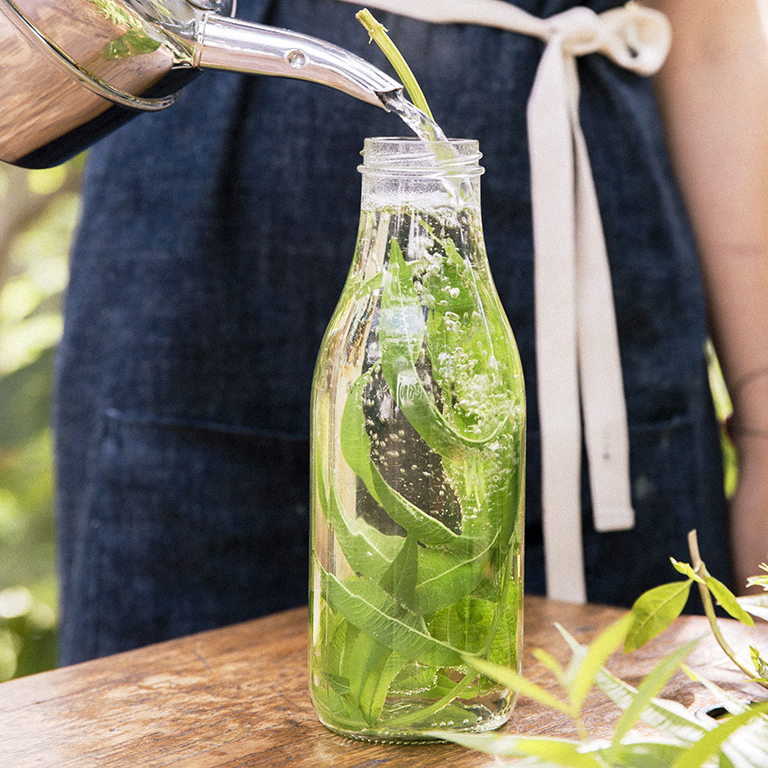
Refreshing Lemon Verbena Infused Water Recipe
Ingredients:
- 1 handful of fresh lemon verbena leaves
- 1 lemon, thinly sliced
- 1 liter of water
- Ice cubes (optional)
Instructions:
- Rinse the lemon verbena leaves and lemon slices under cold water to remove any dirt or debris.
- In a large pitcher, add the lemon verbena leaves and lemon slices.
- Pour the water into the pitcher, covering the leaves and lemon slices completely.
- Place the pitcher in the refrigerator and let it sit for at least 2 hours to allow the flavors to infuse.
- Once infused, serve the lemon verbena water over ice cubes, if desired.
- Enjoy the refreshing and aromatic taste of lemon verbena infused water!
Tip: For a stronger flavor, you can lightly crush the lemon verbena leaves before adding them to the water.
Lemon Verbena Potpourri Recipe
To create a delightful Lemon Verbena potpourri, start by harvesting fresh Lemon Verbena leaves from your plant.
Homemade Lemon Verbena Potpourri Recipe
Ingredients:
- 1 cup dried lemon verbena leaves
- 1/2 cup dried lemon slices
- 1/4 cup dried orange peel
- 2 tablespoons whole cloves
- 2 cinnamon sticks
- 1 vanilla bean pod, cut into small pieces
- 1 tablespoon dried lavender buds
- 1 tablespoon dried rosemary
Instructions:
- In a mixing bowl, combine the dried lemon verbena leaves, lemon slices, orange peel, cloves, cinnamon sticks, vanilla bean pod pieces, lavender buds, and rosemary.
- Mix the ingredients together until well combined.
- Transfer the mixture to a decorative jar or bowl.
- Place the potpourri in any room of your home to enjoy its refreshing scent.
- To enhance the fragrance, gently stir the potpourri occasionally or add a drop or two of lemon essential oil.
- Enjoy the natural aroma of lemon verbena filling your space with a delightful scent!
Lemon Verbena in Skincare Products
Lemon Verbena is a versatile herb that offers numerous benefits for skincare products.
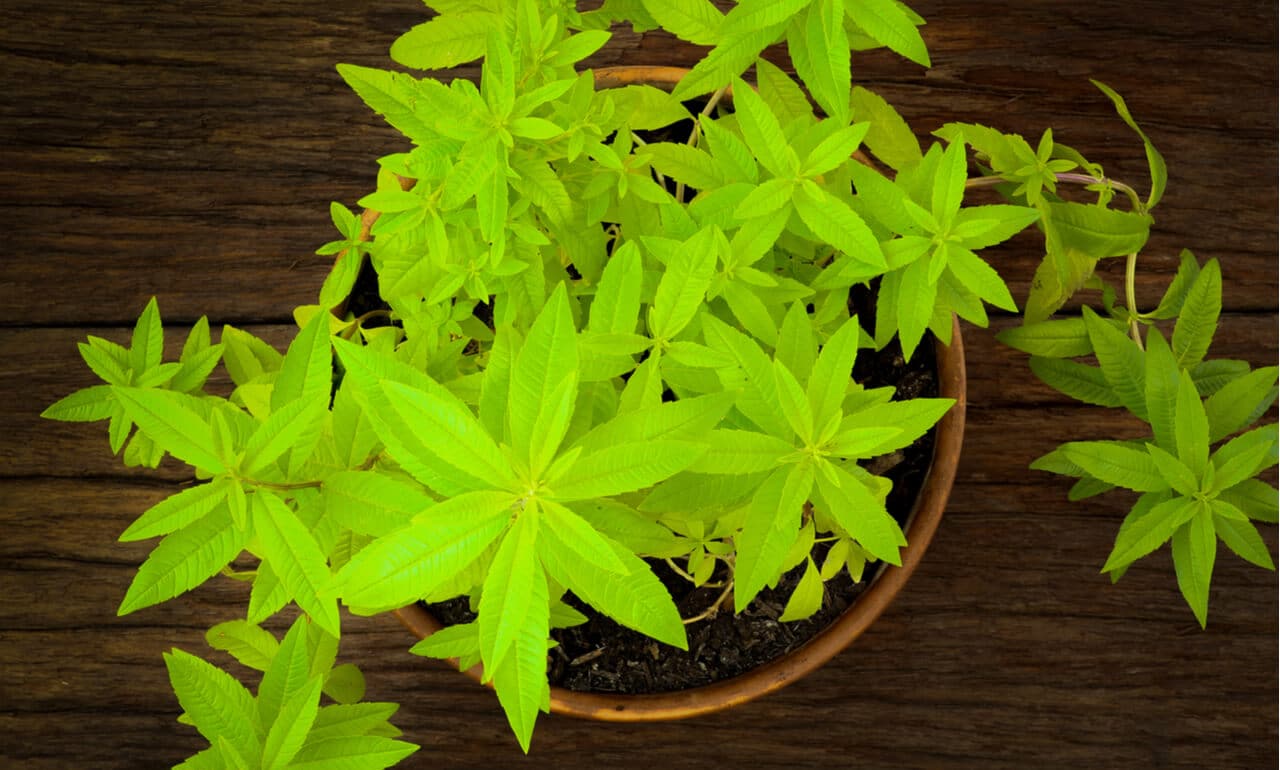
- Antibacterial and Antifungal Properties:
- Acne Fighter: Lemon verbena helps combat acne by keeping bacteria and fungi at bay.
- Clarifying Toner: Use it in toners to maintain clear, blemish-free skin.
- Antioxidant Boost:
- Environmental Shield: Rich in antioxidants, lemon verbena protects your skin from environmental stressors (like pollution) and premature aging.
- Soothing and Calming:
- Sensitive Skin Savior: Lemon verbena soothes irritation and redness, making it perfect for sensitive skin.
- Relaxing Aroma: Its citrus scent adds a touch of luxury to your skincare routine.
Remember, pampering your skin with lemon verbena is like giving it a fragrant hug! 🌿🍋💆♀️ .
These are some products in which Lemon Verbena is used widely.
Lemon Verbena in Aromatherapy
Lemon verbena is a versatile plant that not only adds a delightful aroma to gardens but also serves as a valuable ingredient in aromatherapy.
- Lemon verbena essential oil is known for its refreshing and invigorating scent, making it a popular choice in diffusers and massage oils.
- The citrusy fragrance of lemon verbena is believed to promote relaxation, reduce stress, and uplift the mood, making it a favorite among aromatherapy enthusiasts.
- In aromatherapy, lemon verbena is often used to enhance mental clarity, improve concentration, and alleviate symptoms of anxiety and depression.
- The crisp and zesty aroma of lemon verbena can help create a rejuvenating atmosphere, perfect for unwinding after a long day or setting a positive tone for yoga and meditation practices.
- Lemon verbena essential oil can be used alone or blended with other essential oils to bring a bright and uplifting touch to any aromatherapy session.
Lemon Verbena for Pest Control
Lemon Verbena is not only prized for its citrusy aroma and culinary uses but also for its natural pest-repelling properties. The strong scent of Lemon Verbena acts as a natural deterrent for many pests, making it an excellent addition to your garden as a companion plant.
| Pest or Disease | Symptoms | Treatment | Effects on Plant |
|---|---|---|---|
| Aphids | Distorted foliage, sticky honeydew. | Spray with insecticidal soaps or horticultural oils. Introduce natural predators (e.g., ladybugs). | Reduced plant health, sooty mold development. |
| Mealybugs | Stunted growth, curled leaves, leaf drop. | Apply insecticidal soap or horticultural oil. Remove visible mealybugs manually. | Weakened plant, compromised aesthetics. |
| Mites | Yellowing, distorted leaves. | Use insecticidal soaps or horticultural oils. Remove visible mites. | Impaired photosynthesis, poor growth. |
| Scale Insects | Infest stems and leaves. | Remove manually or use insecticidal treatments. | Reduced vigor, potential defoliation. |
| Root Rot | Yellowing, wilting, eventual death. | Improve drainage, avoid overwatering. Use fungicides if necessary. | Plant decline, root damage. |
| Powdery Mildew | White or grayish patches on leaves and stems. | Improve air circulation. Apply fungicides if severe. | Reduced photosynthesis, aesthetic damage. |
| Citrus Black Spot | Black spots on fruit and leaves. | Prune affected parts. Improve air circulation. | Fruit quality reduction, defoliation. |
Remember to monitor your lemon verbena plants regularly and take prompt action to prevent or address any pest or disease issues. 🌿🍋🪲.
I’ve been using the Chapin 20024 sprayer in my garden for a while now, and I must say, it’s been a game-changer. This 2-gallon sprayer is not only durable but also very efficient, making it perfect for various uses around the garden.One of the main uses I’ve found for it is spraying my Lemon Verbena plants. The sprayer’s adjustable nozzle allows me to control the spray pattern, ensuring that the plants are evenly covered. The anti-clog filter is a great feature that ensures a steady spray, which is crucial when dealing with delicate plants like Lemon Verbena.
The sprayer is also very easy to fill and clean, thanks to its funnel top. This has saved me a lot of time and effort, especially when I need to switch between different solutions for different plants.Apart from using it on my Lemon Verbena, I’ve also found the Chapin 20024 to be very useful for other tasks. Whether it’s applying fertilizers to my vegetable patch or spraying herbicides to control weeds, this sprayer has proven to be up to the task.
In conclusion, the Chapin 20024 is a versatile and efficient sprayer that I would highly recommend to any gardener. Its ease of use, coupled with its durability and efficiency, makes it a valuable tool in any garden.
- Made in USA: Designed and produced in the USA with US-based customer service and technical support, providing assurance of quality.
- 1-Year Limited Warranty: Backed by Chapin’s 1-year limited warranty, offering peace of mind to customers.
- Durable Construction: Constructed from polypropylene and plastic materials, ensuring durability and longevity.
- SureSpray Anti-Clog Filter: Features a unique in-tank anti-clog filter, allowing continuous spraying even with debris in the tank.
- Easy to Use: Lightweight design and manual operation make it easy to handle and operate for various tasks.
- Versatile Application: Suitable for spraying plants, garden watering, controlling weeds, and fighting pests, offering versatility in usage.
- Positive Customer Ratings: High ratings for ease of assembly, maneuverability, and ease of use, reflecting customer satisfaction.
- Shipping Fees: Additional shipping and import fees may apply, potentially increasing the overall cost for international buyers.
- Limited Tank Capacity: With a 1-gallon tank volume, it may not be suitable for larger-scale spraying tasks, requiring frequent refills.
- Mixed Reviews on Sheerness: Some users have reported issues with the sheerness of the product, indicating potential quality concerns.
- Pressure Concerns: There are conflicting opinions regarding the pressure of the sprayer, with some users expressing dissatisfaction.
- Potential Seal Issues: Like its counterpart, there may be concerns about the seal’s durability and potential leakage over time.
Lemon Verbena Companion Plants
When it comes to companion planting for lemon verbena, you have several excellent options. These companion plants not only enhance the overall garden but also provide benefits to your lemon verbena. Let’s explore some of the best companions:
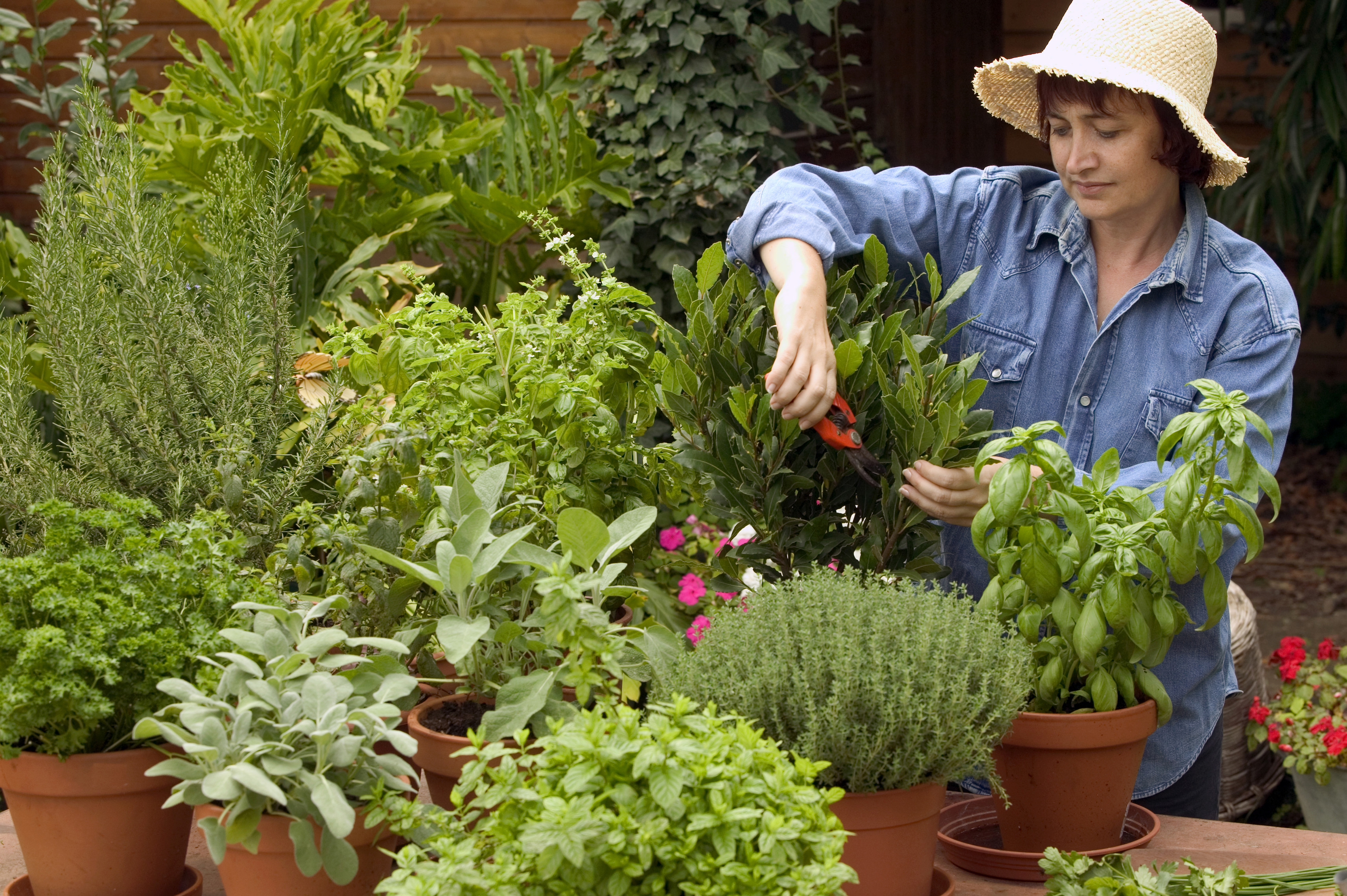
- Dill:
- Why?: Dill pairs wonderfully with lemon verbena. It thrives in similar growing conditions and can survive in various soil types.
- Appearance: Dill has delicate foliage and top-heavy yellow flower clusters.
- Benefits: Dill keeps away pests that may be attracted to lemon verbena.
- Mature Size: Grows 2 to 4 feet tall and about six inches wide.
- Cilantro (Coriander):
- Why?: Cilantro loves crowded conditions, making it a great side-by-side companion for lemon verbena.
- Growing Conditions: Requires the same sunny environment as lemon verbena.
- Pest Repellent: Cilantro helps repel harmful spider mites that lemon verbena might attract.
- Basil:
- Why?: Basil and lemon verbena thrive in similar sun, soil, and water conditions.
- Flavor Pairing: Basil’s aromatic leaves complement the citrusy aroma of lemon verbena.
- Uses: Harvest basil for culinary delights like pesto, salads, and sauces.
- Shasta Daisies:
- Why?: These cheerful daisies grow well alongside lemon verbena.
- Appearance: White or yellow daisy-like flowers atop sturdy stems.
- Benefits: Attract pollinators and add visual appeal to your garden.
- Marigolds:
- Why?: Marigolds are excellent companions for lemon verbena.
- Colorful Blooms: Their vibrant orange and yellow flowers brighten up the garden.
- Pest Control: Marigolds repel nematodes and other harmful insects.
- Bee Balm (Monarda):
- Why?: Bee balm shares similar growing conditions with lemon verbena.
- Attracts Pollinators: Bee balm’s tubular flowers attract bees, butterflies, and hummingbirds.
- Medicinal Uses: Bee balm leaves can be used for herbal teas.
- Garlic:
- Why?: Garlic helps keep pests away from lemon verbena.
- Natural Pesticide: Garlic has natural pesticide properties.
- Planting: Interplant garlic bulbs around your lemon verbena.
- Nasturtiums:
- Why?: Nasturtiums thrive in full sunlight and well-drained soil.
- Edible Flowers: Nasturtium flowers are not only beautiful but also edible.
- Companion Benefits: They deter aphids and attract beneficial insects.
- Lemon Balm:
- Why?: Lemon balm shares the same citrusy fragrance as lemon verbena.
- Similar Growing Conditions: Both prefer full sunlight and well-drained soil.
- Uses: Lemon balm leaves make a soothing herbal tea.
- Tarragon:
- Why?: Tarragon complements lemon verbena.
- Flavor Pairing: Tarragon’s anise-like flavor adds depth to culinary dishes.
- Growing Conditions: Both thrive in sunny spots.
Remember to arrange these companions strategically, considering their growth habits and spacing. By strategically selecting companion plants that complement and support the growth of your Lemon Verbena, you can create a harmonious and thriving garden space.
Lemon Verbena in Landscape Design
Lemon Verbena’s striking fragrance and elegant appearance make it a versatile addition to landscape designs.
- Visual Appeal:
- Tall and Slender: Lemon verbena’s graceful stems and vibrant green leaves create an elegant presence.
- Tranquility: Its appearance evokes a sense of freshness and calm.
- Sensory Experience:
- Lemony Fragrance: When touched or crushed, lemon verbena releases a delightful citrus scent. Plant it along pathways or near seating areas for an aromatic treat.
- Outdoor Ambiance: Imagine sipping tea surrounded by the refreshing aroma of lemon verbena—pure bliss!
- Low Maintenance:
- Drought Tolerance: Lemon verbena can withstand dry conditions, making it a resilient choice.
- Adaptable Soil: It thrives in various soil types, from sandy to loamy.
- Design Possibilities:
- Feature Plant: Use lemon verbena as a standalone focal point in your garden.
- Mixed Herb Garden: Pair it with other herbs like basil, mint, or lavender for a fragrant ensemble.
- Pollinator Attraction:
- Delicate Flowers: Lemon verbena’s white blooms attract bees, butterflies, and other pollinators.
- Ecosystem Harmony: By inviting pollinators, you contribute to a balanced garden ecosystem.
Remember, whether you’re creating a serene corner or enhancing a larger landscape, lemon verbena brings beauty, fragrance, and ecological value. 🌿🍋🌼.
Lemon Verbena Plant Care Tips
To ensure the healthy growth of your Lemon Verbena plant, consider the following care tips:
By following these care tips, you can help your Lemon Verbena plant thrive and enjoy its citrusy aroma and potential culinary uses. Remember to adjust care practices based on your specific climate and growing conditions for optimal results.
Where to Buy Lemon Verbena Plant
Lemon verbena plants can be a delightful addition to any garden, providing both aesthetic appeal and practical use in culinary and medicinal applications. If you’re looking to cultivate your own lemon verbena plant, there are several options for purchasing this herb.
- One convenient way to acquire a lemon verbena plant is to visit your local nursery or garden center.
- Many of these establishments carry a variety of herbs, including lemon verbena, especially during the spring and summer months when gardening is in full swing.
- Additionally, online nurseries and plant retailers offer a wide selection of lemon verbena plants that can be delivered right to your doorstep, providing a convenient option for those who prefer to shop from the comfort of their homes.
Watch video for more information:
FAQ
Where can I buy a lemon verbena plant?
You can buy lemon verbena plants at nurseries, garden centers, or online plant retailers.
Can I grow lemon verbena indoors?
Lemon verbena plants thrive outdoors in full sun, but they can also be grown indoors near a sunny window.
How often should I water my lemon verbena plant?
Lemon verbena plants prefer well-draining soil and should be watered regularly, allowing the top inch of soil to dry out between waterings.
Is lemon verbena easy to grow from seeds?
Lemon verbena seeds can be difficult to germinate, so it is recommended to start with a plant cutting or a young plant.
Can I use dried lemon verbena leaves in cooking?
Yes, dried lemon verbena leaves can be used in cooking to add a citrusy flavor to dishes.
Is lemon verbena safe to use in skincare products?
Lemon verbena has skin-soothing properties and can be found in various skincare products like lotions and creams.
How can I use lemon verbena for pest control?
Lemon verbena plants have a strong scent that can help repel pests like mosquitoes and flies in the garden.
What are some good companion plants to grow with lemon verbena?
Lemon verbena pairs well with herbs like basil, mint, and lavender, as well as flowers like marigolds and roses.
Can lemon verbena be used as a natural air freshener?
Yes, lemon verbena leaves can be dried and used to make potpourri or infused water to create a fresh scent in your home.

Studied Agricultural Engineering-Plant Protection at University of California, Davis.
Head of Content writing team at Southelmontehydroponics.com

